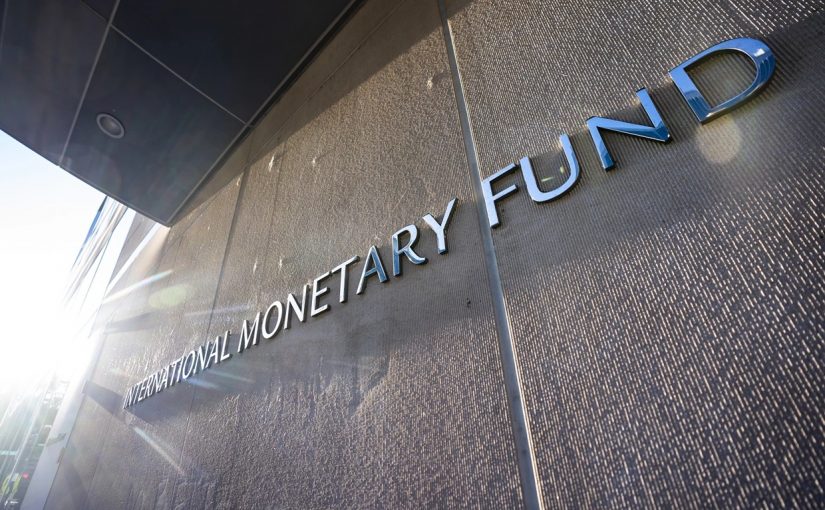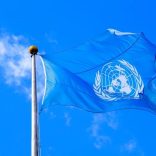Mozambique: The new toll rates coming into force this Thursday
Mozambique: State debt to exceed 100% of GDP again this year – IMF

File photo: Lusa
Mozambique’s public debt will once again exceed 100% of GDP this year, after two years below the country’s wealth, the International Monetary Fund (IMF) predicts in the ‘Fiscal Monitor’, released on Wednesday.
According to the report, which presents some macroeconomic indicators for most economies, Mozambique is expected to have a public debt equivalent to 101.1% of Gross Domestic Product (GDP) this year, rising to 104.2% in 2026 and 104.7% in 2027, and only falling back below 100% in 2029, when the ratio is expected to fall to 95.6%, roughly the same figure as last year, when it had a debt of 96.6% of GDP.
There are no further references to Portuguese-speaking countries in the report, and at the press conference to present the document this afternoon, which was attended by the director of the Fiscal Affairs department and former minister of finance of Portugal, Vítor Gaspar, more specific questions about the African continent were left until Friday, when the IMF unveils its report on sub-Saharan Africa as part of the Spring Meetings taking place this week in Washington.
Even so, looking at some of the data that has been presented, it can be seen that the Fund is forecasting 2.4% GDP growth for Angola, significantly below the 4.5% recorded last year and just above the 2.1% forecast for 2026.
Also on a downward trajectory, but more pronounced, Equatorial Guinea is expected to record an economic recession of 4.2% this year and is forecast to stagnate next year, after the most recent Lusophone country managed to grow by 1.9% in 2024.
The IMF predicts that the average public debt in sub-Saharan Africa will be 55.4% this year and 53.3% in 2026, down from 56.1% last year.
For the African continent as a whole, the IMF has revised its growth forecast downwards by three tenths to 3.9% this year, due to the “sudden changes in the global outlook”, which have interrupted growth momentum.
“While growth in Africa shows some resilience in the face of multiple shocks, sudden changes in the global outlook have interrupted growth momentum,” reads a statement released at the end of the meeting between the IMF’s managing director, Kristalina Georgieva, and the African Governors Group, led by the minister of finance and budget of the Central African Republic, Hervé Ndoba.
“The resolute policy actions taken to lower inflation, stabilise public debt and reduce external imbalances risk being undone by future shocks,” they said, adding that “the risks to the outlook are high, in a context of great uncertainty” in which “fragile and conflict-affected states face particularly serious challenges”.
In the note, the head of the IMF and the representative of the 12 African countries say they are “resolute in their determination to ensure macroeconomic and financial stability and, at the same time, fulfil the objectives of economic development”. On the other hand, they argue that “domestic reform efforts should promote fiscal sustainability, especially by mobilising domestic revenue and improving expenditure efficiency”.
On Tuesday, the IMF revised down its forecasts for the growth of the world economy, to 2.8% this year, compared to the 3.3% it pointed to in January, and for 2026 the IMF estimates growth of 3%, lower than the 3.3% it also projected in January.
“The rapid escalation of trade tensions and the extremely high levels of political uncertainty are likely to have a significant impact on global economic activity,” argues the IMF in its report on the World Economic Outlook, released as part of the Annual Meetings of the World Bank and the IMF, taking place this week in Washington.













Leave a Reply
Be the First to Comment!
You must be logged in to post a comment.
You must be logged in to post a comment.